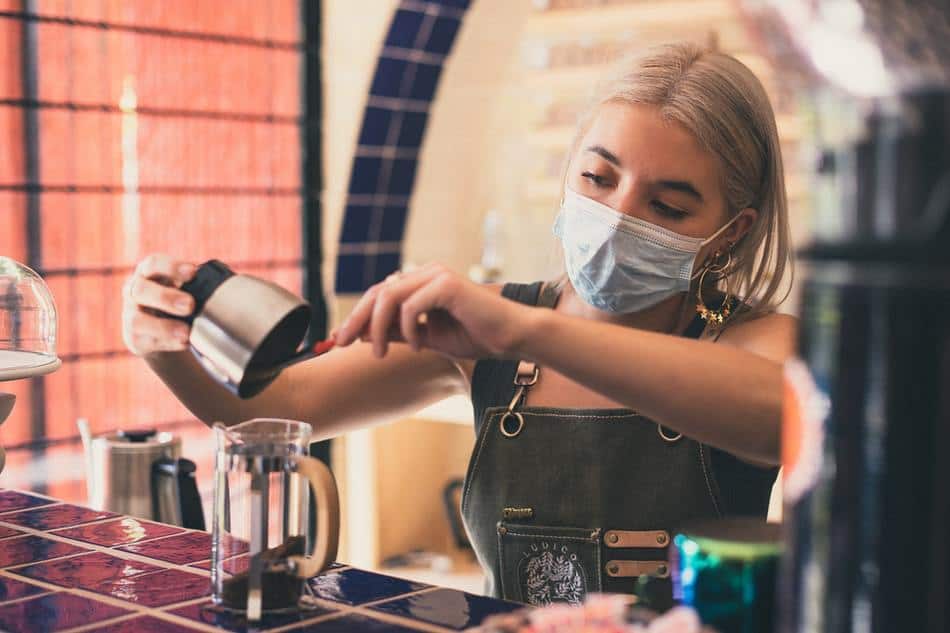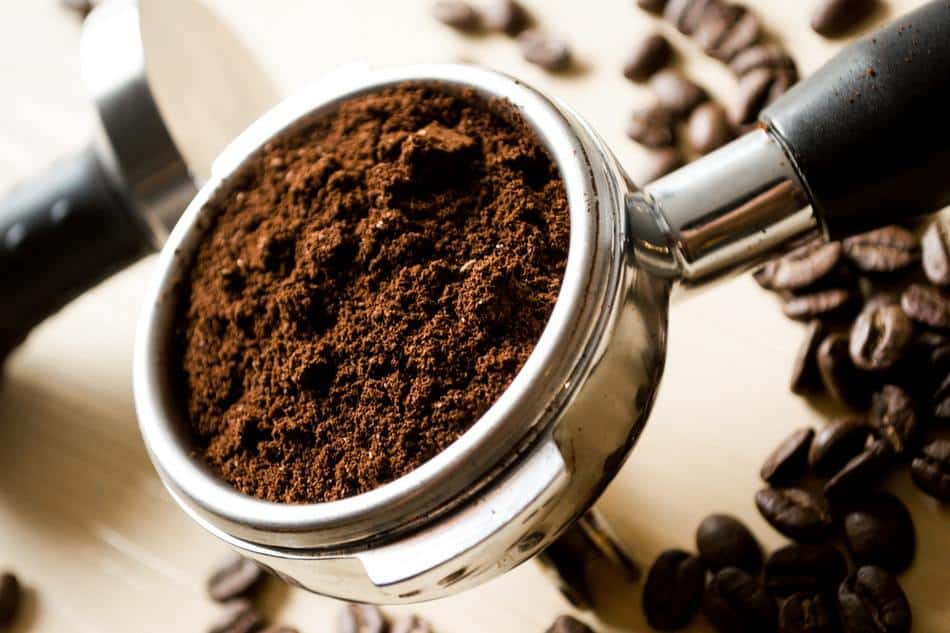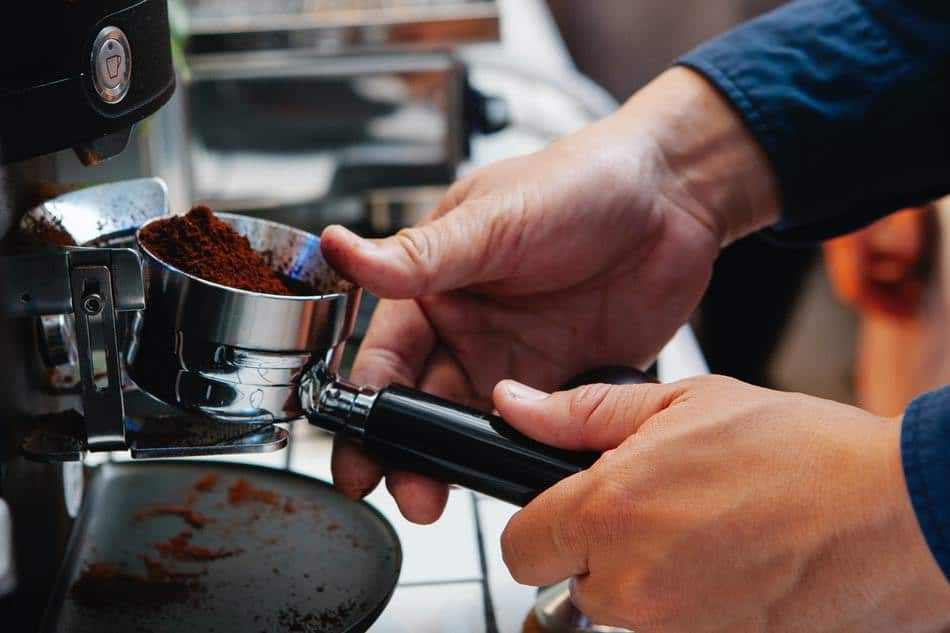Do you need a caffeine fix? If so, how much caffeine is in a tablespoon of ground coffee? The amount of caffeine can vary depending on the type of coffee and the roast. Dark roasts have more caffeine than light roasts. So, if you are looking for a quick pick-me-up, reach for a cup of dark roast coffee!
Let’s take a closer look at the answer to this question.
The amount of caffeine in ground coffee can vary depending on the type of bean used, how dark the roast is, and how finely ground the coffee is. A tablespoon of regular ground coffee typically contains around 95 milligrams of caffeine. A tablespoon of decaffeinated ground coffee usually contains about two to 12 milligrams of caffeine.
The Amount Of Caffeine Can Vary
The average American consumes about two cups of coffee per day. However, the amount of caffeine in a cup can vary greatly depending on the type of coffee bean and how it was roasted. For example, Arabica beans have less caffeine than Robusta beans.
The amount of caffeine in your coffee also depends on how the coffee is brewed. For example, espresso has more caffeine per ounce than drip coffee. And if you make your coffee with a French press, you’ll likely get more caffeine than if you use a paper filter.

So, if you’re drinking two cups of drip coffee made with Arabica beans, you’re probably getting about 100 mg of caffeine. But if you’re drinking two cups of espresso made with Robusta beans, you could be getting as much as 200 mg of caffeine.
Of course, the amount of caffeine in your coffee also depends on how much coffee you’re drinking. If you drink two cups of coffee that each has 12 ounces of coffee, you’re getting twice the amount of caffeine as someone who drinks one cup that has 12 ounces.
Caffeine in Instant Coffee vs Regular Coffee
Instant coffee has about 60% of the amount of caffeine as regular coffee. The main difference between the two is how they’re brewed. When it comes to caffeine, instant coffees are not created equal. The amount of caffeine in your cup of joe depends on how the coffee is made and processed. Most likely, your instant coffee has less caffeine than a regular cup of brewed coffee because
- Instant coffees are generally made from lower-quality beans. Low-quality beans have less caffeine than higher-quality beans.
- More water is used to make instant coffee, which dilutes the concentration of caffeine.
- The brewing process for instant coffee is usually shorter, which also reduces the amount of caffeine.
So if you’re looking for a strong cup of coffee with a lot of caffeine, instant coffee is probably not your best bet. However, if you’re looking for a quick and easy way to get your caffeine fix, instant coffee may be just what you need. Just be sure to check the label to see how much caffeine is in your particular brand before you brew up a cup!

How Many Tablespoons Of Coffee Should You Use Per Cup??
When it comes to coffee, there is no one-size-fits-all answer. The amount of coffee you should use per cup depends on your personal preferences. If you like your coffee strong, you may want to use more coffee grounds than if you prefer a weaker brew. Ultimately, it’s up to you to decide how much coffee to use per cup.
That said, there are some general guidelines you can follow when it comes to measuring out coffee grounds. A good rule of thumb is to start with two tablespoons of coffee per cup and adjust from there until you find the perfect ratio for your taste buds. Keep in mind that this ratio may change depending on the type of coffee beans you’re using. Darker roasts, for example, may require less coffee to achieve the desired flavor.
Experimenting with different amounts of coffee grounds is the best way to find your perfect cup of joe. So don’t be afraid to play around with the amount of coffee you use per cup until you find your perfect blend.
Are Two Tablespoons of Coffee Too Much?
We all know that coffee is packed with caffeine. But how much is too much? Is it safe to have more than one cup a day? And what about those who take their coffee with a little extra sugar and cream? Can they still enjoy their favorite beverage without having to worry about the consequences?
The answer, as it turns out, is a little complicated. According to some experts, two tablespoons of coffee per day is the maximum amount that most people should consume. This level of intake has been linked with increased alertness and improved cognitive function.
If you’re concerned about your caffeine intake, the best thing to do is talk to your doctor. They can help you determine how much is safe for you and offer advice on how to cut back if necessary. In the meantime, try not to worry too much about that extra cup of coffee. Chances are, it’s not going to do any harm.
What Happens If I Use Too Many Coffee Grounds?
If you use too many coffee grounds, your coffee will be very strong and bitter. You might also end up with coffee grounds in your cup. If this happens, you can try adding more hot water to your cup or stirring the coffee more before you drink it.
Some people like their coffee strong and bitter, but if you’re not used to it, it can be quite unpleasant. It’s important to experiment a little bit and find the ratio of coffee to water that suits your taste. Start with less coffee and add more if needed. Remember that you can always add more water to dilute your coffee if it’s too strong.
Final Words
When it comes to ground coffee, the amount of caffeine can also vary depending on how finely the beans are ground. The finer the grind, the more surface area is exposed and the more caffeine is released. So know the level of caffeine you can take and stick to it.
Thank you so much for taking the time to read my article. I hope you enjoyed it and found it helpful.
Related Articles

